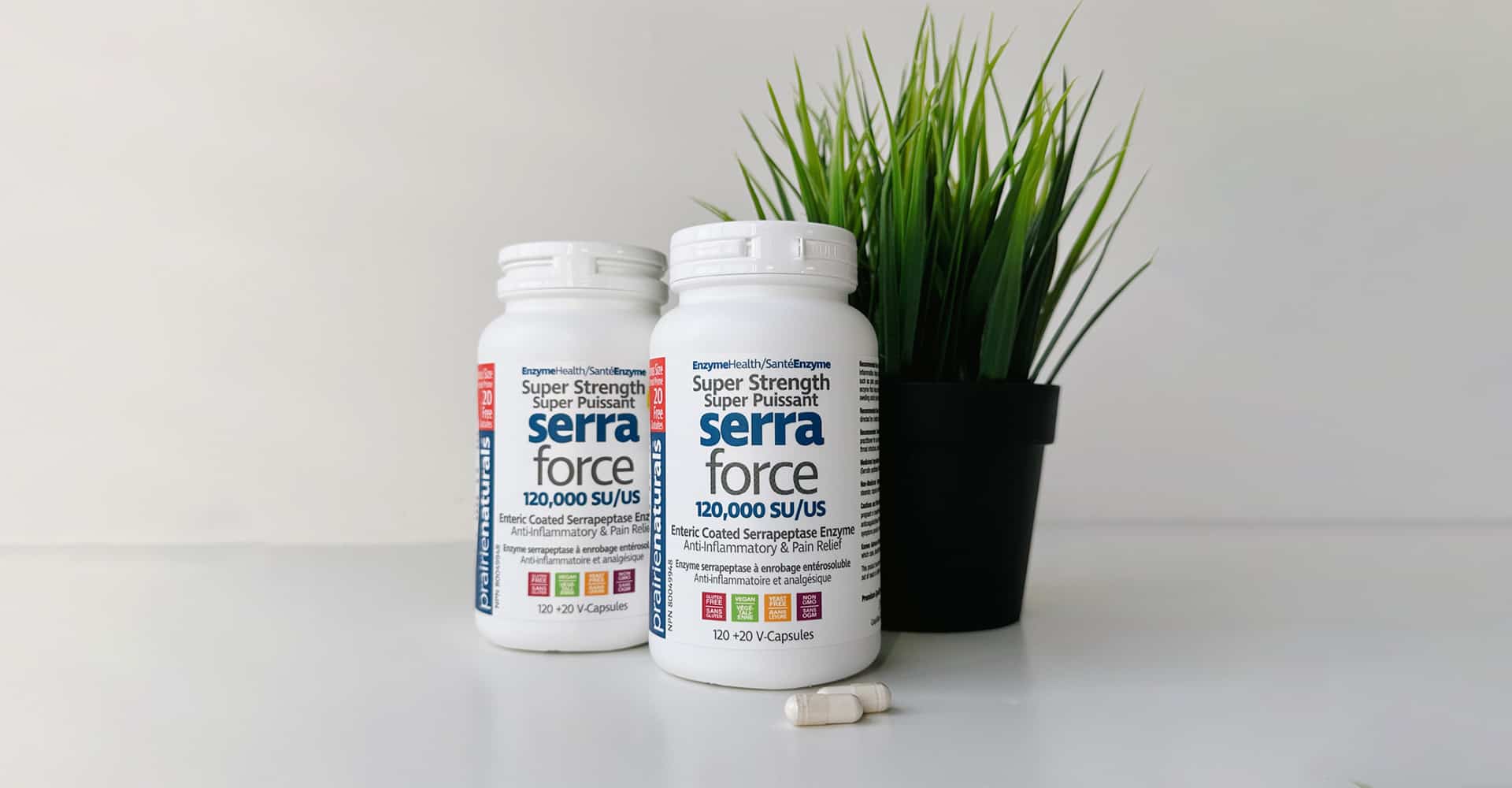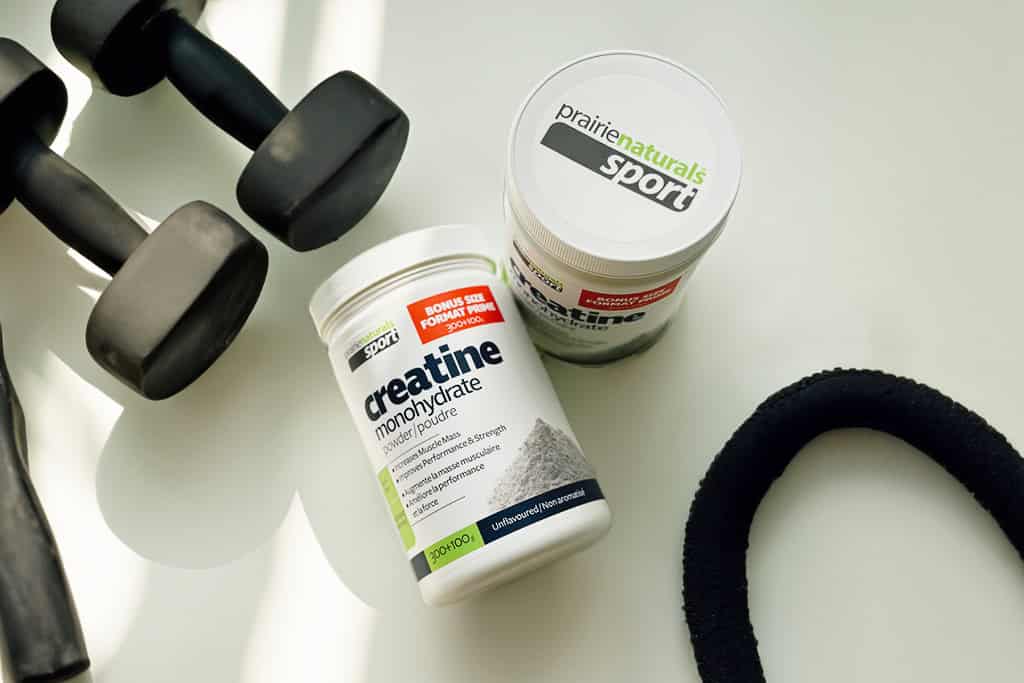As we get older, we begin to experience physical changes. The most common changes to our physical health include declining energy levels, decreased muscle mass and strength, and changes to our senses (i.e. vision, hearing). But what about our digestion? Do you find yourself experiencing an increase in stomachaches, bloating, gas, or constipation? There’s a reason for this.
How Digestion Changes As We Age
Digestion changes as we age in a variety of ways.
1. We produce less stomach acid to break down food. This can lead to heartburn, indigestion, and diffculty absorbing nutrients, like calcium and iron.
2. We experience decreased movement, or motility, through the digestive tract. As we age, the muscles of the digestive tract become weaker, causing a slower transit time and increased potential for constipation.
3. We produce fewer digestive enzymes. The pancreas, which produces enzymes to help with digestion, slows production, meaning inefficient digestion of macronutrients.
4. Our microbiome changes. The community of microorganisms living in our digestive tract changes as we age, affecting our digestion and overall health.
5. Our lifestyle and diet changes. Maybe we become less active or eat a less varied diet, both of which contribute to changes in our digestion.

A Lifestyle to Support Digestion
It’s important to maintain a healthy lifestyle as we age to support our digestive and overall health. Support optimal digestive function with a balanced diet, adequate hydration, and regular physical exercise, as well as by avoiding overeating, smoking and drinking excessively.
To actively improve digestion, focus on managing stress levels and incorporating digestive teas, like peppermint or ginger, after meals. Eat slowly and chew your food well.
These adjustments will help reduce indigestion. Speak with a healthcare professional if you are experiencing prolonged digestive issues. They can help identify underlying causes and recommend the appropriate treatment.
Supplements to Support Digestion
There are several supplements that can also be useful.
1. Live microorganisms found in probiotic supplements help restore balance of good bacteria in the digestive tract.
2. Supplement with fiber, like psyllium or methylcellulose, to help improve bowel regularity. As we get older, our bodies become less efficient at absorbing it and this can lead to more frequent constipation.
3. Take digestive enzymes, if you are having trouble digesting certain foods. Different enzymes digest different macronutrients. For example, lipase works for fats and amylase for carbohydrates.
4. Alkalize your body with Morning Rise & Shine to target indigestion and heartburn. Speak with a healthcare professional before taking supplements to determine the dosage and ensure that the supplements are safe and appropriate for you.

Signs of Digestive Enzyme Deficiency
There are a number of digestive symptoms indicative of enzyme deficiency. Keep an eye out for skin irritations, fatigue or drowsiness, bad breath, irritability, insomnia, high cholesterol, weight gain, food allergies, inflammation, and sinusitis. If you suspect you might require enzymatic support, consider supplementing with digestive enzymes.
RELATED ARTICLES






